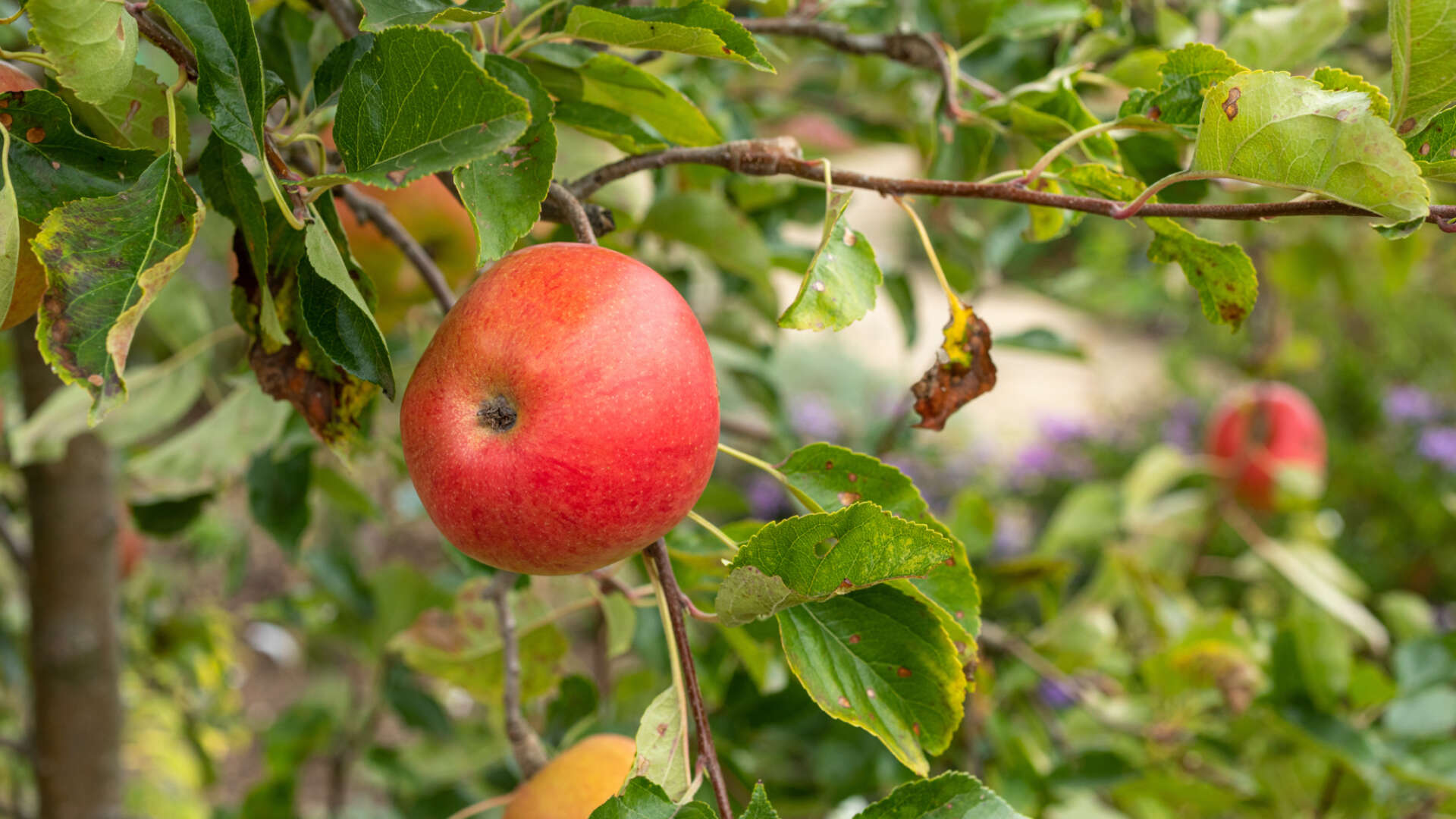Good neighbours! We celebrate National Allotment Week (12 - 18 August)
Do you find yourself enjoying your organic allotment, but with gritted teeth as your neighbour sprays weedkiller and uses peat-filled compost? The close proximity of allotment sites can be challenging. But it is also a great opportunity for organic growers to share their expertise.

Next time you have a friendly chat across the path, here below are some tips for you to share with your non-organic neighbour.
- Chemical weedkillers are not only toxic, they also prevent other plants from taking up nutrients from the soil. The toxicity comes not just from the glyphosate, but from the other chemicals in the mix to make the glyphosate more effective. Called surfactants, these other chemicals are a 1000 times more toxic than the cancer causing glyphosate. We know that spraying can travel in the wind, which leaves a residue on neighbouring plants and the soil. These residues have been proven to inhibit the plant's root uptake of nutrients – causing a crop to struggle - more than if it had a few weeds around it. For further information see the Glyphosate debate
- Weeds are good for bees and other pollinators! Especially early in the year, when those dandelions will feed emerging bumble bees desperately needing food. Don't obliterate the weeds, let a corridor grow down the side of your plot. But be sure to deadhead them before setting seed, then they won't spread further. See our Weedy Wednesdays series for how to love your weeds.
- Pesticides will kill indiscriminately. Although sprays are aimed at aphids or other pests, they also kill other harmless insects. Worse than that, many of these insects are of great use to the grower. Ladybirds and hoverflies will not only eat the aphids, but also help bees and butterflies as pollinators. Pesticides can also create a health hazard for birds or frogs.
- Slug pellets can harm earthworms. Even though today's slug pellets no longer contain the poison metaldehyde, they still hold chemicals which have shown to inhibit a worm's appetite. And we know how important worms are to keep the soil in tip top condition! So if you do use pellets, use them sparingly - just 5 or 6 pellets around the plant. Check out the National Allotment Society’s own slug and snail advice in their helpful leaflet on Wildlife gardening as well as Garden Organic's own growing advice here.
- Compost doesn't need peat. There are excellent alternatives now on offer, and by going peat-free you are not only saving a rare and endangered habitat but you are also saving the planet. Peat bogs are one of the most effective carbon stores on the planet, better than forests. Here in the UK we have destroyed or damaged over 95% of our bogs. Leave peat where it should be, and make your own compost on site! See Peat free growing.
- Finally, why not invite your neighbour over for a cuppa and a listen to our popular monthly podcasts. They might want to join you on the organic way...